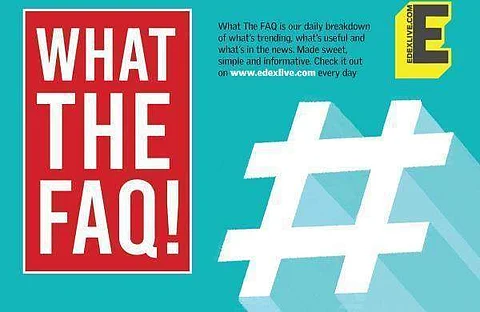

Announcing its second economic stimulus package, Finance Minister Nirmala Sitharaman on Monday said that it is worth Rs 6,28,993 crore. But there is a catch. Together with previously announced Rs 93,869 crore spending on providing free foodgrains to the poor till November and additional Rs 14,775 crore fertiliser subsidy, the stimulus package — mostly made up of government guarantee to financial institutions for loans they extend to COVID-hit sectors — totalled up to Rs 6.29 lakh crore. It means that the new package includes the moves that were already announced by the government. The FM also announced Rs 1.5 lakh crore of additional credit for small and medium businesses, more funds for the healthcare sector, loans to tourism agencies and guides, and waiver of visa fee for foreign tourists as part of a package to support the pandemic-hit economy. We decode the second economic package which failed to make a furore like the last one.
Which sectors will benefit?
Sitharaman provided Rs 23,220 crore of additional funding for setting up children and paediatric care and paediatric beds at hospitals to prepare healthcare infrastructure to deal with any emergency arising for COVID wave hitting children. To incentivise job creation, the government is committed to paying the employer and employee's share to the provident fund (PF) for all new recruitments done till March 2022. Previously, the government paid Rs 902 crore for 21.42 lakh beneficiaries of 79,577 establishments.
She announced up to Rs 10 lakh loan to the badly-hit tourism agencies and Rs 1 lakh loan to tourist guides while waiver of visa fee for the first five lakh foreign tourists visiting India after travel restrictions were eased. Tourist visa fee waiver will cost the government Rs 100 crore.
Other announcements included an additional Rs 19,041 crore for providing broadband internet cover to all village panchayats, an extension of tenure of production linked incentive (PLI) scheme for large scale electronics manufacturing by a year and Rs 88,000 crore of insurance cover for goods exporters.
Sitharaman said that the Emergency Credit Line Guarantee Scheme is being expanded to Rs 4.5 lakh crore from Rs 3 lakh crore. Under the scheme, a collateral-free loan is provided by banks to small businesses and the government stands as the guarantor for all defaulters. The ECLGS, launched last year, has helped cash-starved small businesses raise funds during the Covid-19 lockdown for working capital and to meet their orders.
Will you have to pay interest for the loans?
Loans to other sectors such as tourism and hospitality would come at an 8.25 per cent per annum interest rate. Also, micro-finance institutions will extend 25 lakh small borrowers loans of up to Rs 1.25 lakh at an interest rate that is two per cent lower than the benchmark lending rate, the FM said. The government also extended the loan guarantee programme to the tourism sector, after last month widening it to airlines and hospitals.
Financial Services Secretary Debasish Panda said the objective of credit guarantee is to encourage banks to lend to enterprises so that they get credit at a low cost. The measures announced Monday are "to ensure money comes into hands of small, medium and large enterprises," he said. The credit programme supplements separate measures announced by the Reserve Bank of India (RBI) last month to boost credit for health care services and provide fresh lending to vaccine-makers.
How much will the government actually spend?
Of the measures announced, the Centre will see an additional outgo of Rs 93,869 crore on free food grains, Rs 15,000 crore on health (its share out of Rs 23,220 crore spending) and Rs 9,520 crore for village broadband connectivity (Rs 19,041 crore for two years). This totals to Rs 1,18,390 crore or 0.5 per cent of the estimated GDP for 2021-22.
What are the experts saying?
The economists, in and out of the country have been asking the government to arrange direct transfers instead of loan facilities to provide a boost to the staggering economy. Giving money in hand will make the people spend and this will generate demand and thus the boost to production which will bring in jobs. It is a basic but very crucial concept of economics.
